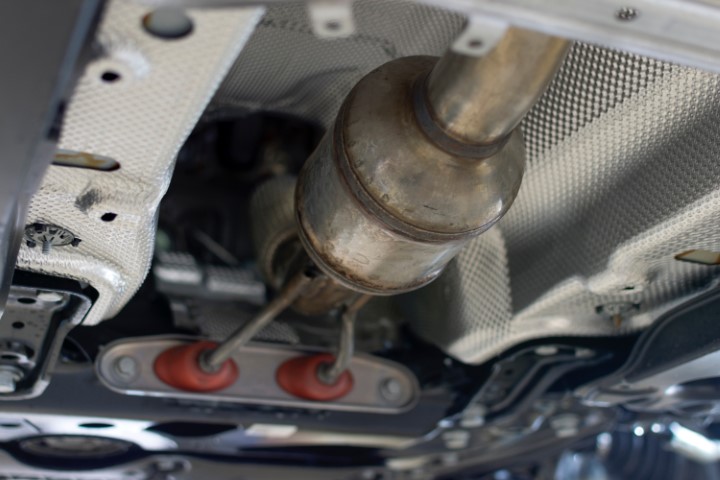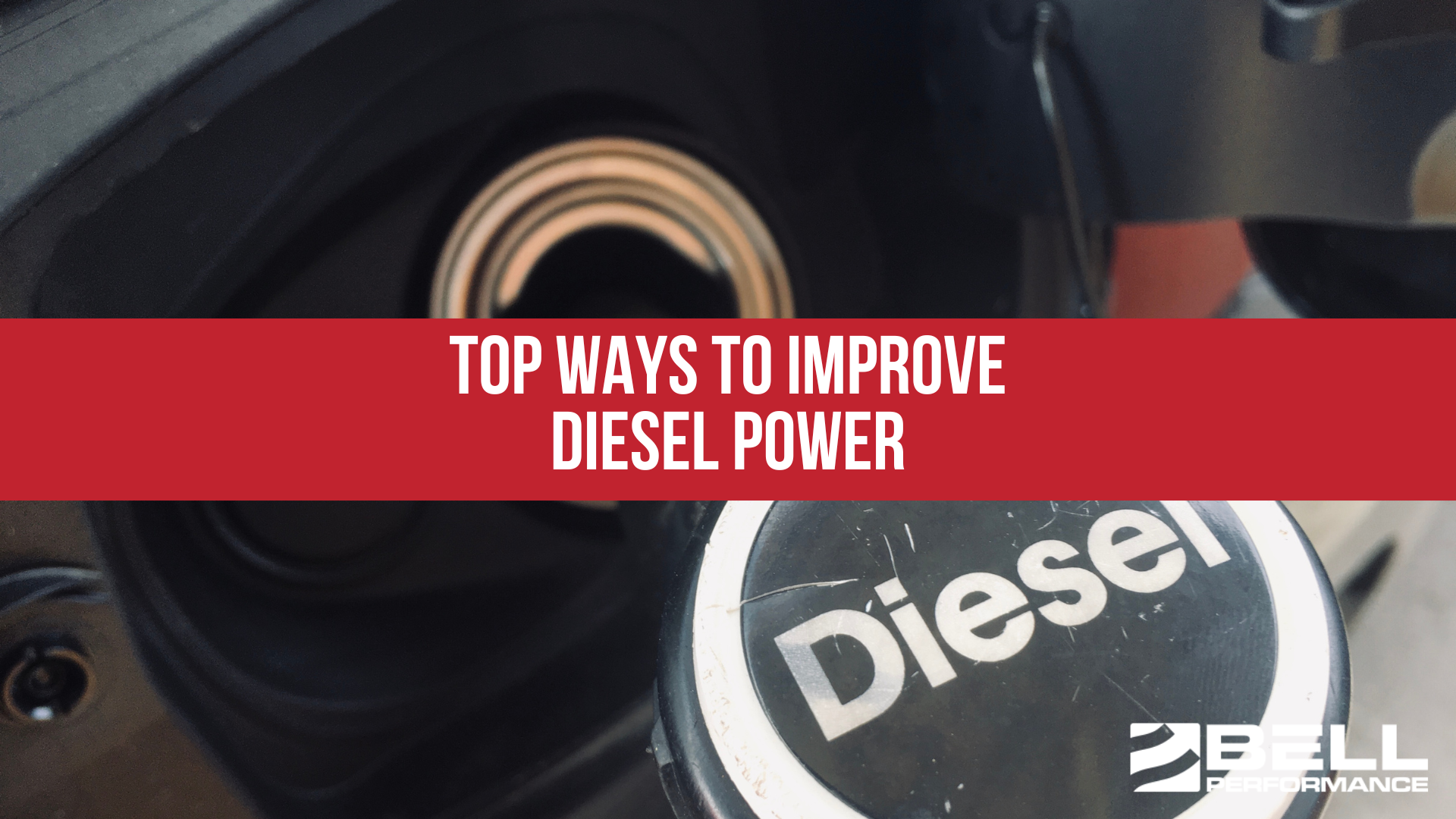Big Rig Diesel Performance
When fuel prices trend upward during a recessionary period, it is vital for your budget to optimize your big rig diesel performance. You may already...

Diesel particulate filter systems (DPF) are standard equipment on most diesel engines now. Their basic function is to trap the soot particles of unburned or partially burned diesel fuel, keeping them from going out into the environment. This is an obvious benefit for improving air quality.
But these systems are not "set it and forget it" pieces of hardware. Every diesel user knows that they have to take their DPF in to be renewed at certain intervals. How close together these service intervals are is dependent on how much particulate is filling up the DPF system.
Here are some quick tips to help you get the most out of your DPF system while minimizing your financial pain:
According to the California Air Resources Board, the DPF life can be shortened if the air filter or fuel injectors, or fuel filter aren't working properly, or the oil isn't changed at the proper interval. If there's something mechanical that's causing the diesel fuel not to burn optimally, more soot will be produced and the DPF system will fill up quickly, requiring service at shorter intervals. So make sure you stay on top of your recommended maintenance.
If the engine consumes oil at a rate higher than recommended, it's more likely that lube oil components can end up in the DPF filter. This can plug or damage the catalyst, leading to expensive repairs. So you want to monitor the lube oil usage to make sure it stays within guidelines. Low ash CJ-4 lube oil is also typically recommended (though you want to make sure whatever you use is within your vehicle's manufacturer recommendations.
The DPF system is fine-tuned to how the engine is used at the time the DPF is installed - the duty cycle. Drastically changing this duty cycle can adversely affect how the DPF works.
This is an area where there's definite potential for savings. Anything that reduces the production of soot from the combustion chamber will extend DPF filter life and service intervals because it won't fill up as fast. So you want to use a diesel fuel additive that improves combustion and specifically reduces unburned carbon or particulate emissions, like Bell's Dee-Zol does. We had a customer who came to us with an unbelievable about how his DPF system was requiring service at outrageous intervals, and nobody (including the dealership) could tell him why. He started using Dee-Zol and the problem stopped.
Now, the purpose of that isn't to sell you Dee-Zol fuel additive. But it is an example of a benefit you can get from using a fuel additive that reduces the amount of soot particulate that's filling up your DPF. And when you extend your system service intervals, that represents significant and real monetary value to you. The individual who told us about his story estimated at, between the service interval savings and the mileage improvement he got from better fuel combustion, he saved $25 for every $1 he spent on additive treatment. So you may want to consider it.
P.S. If you ARE interested in the account of the Dee-Zol/DPF story, we wrote it up in the Testimonial section of the Bell website. You can find it here.
When fuel prices trend upward during a recessionary period, it is vital for your budget to optimize your big rig diesel performance. You may already...

Everyone wants more power for their engine, whether it's a gas or diesel engine. Most of the ways to meaningfully improve diesel power involve...
It's not just ethanol in gas that's been changing the fuel landscape and causing unexpected problems. Now that ultra-low sulfur diesel fuel has been...